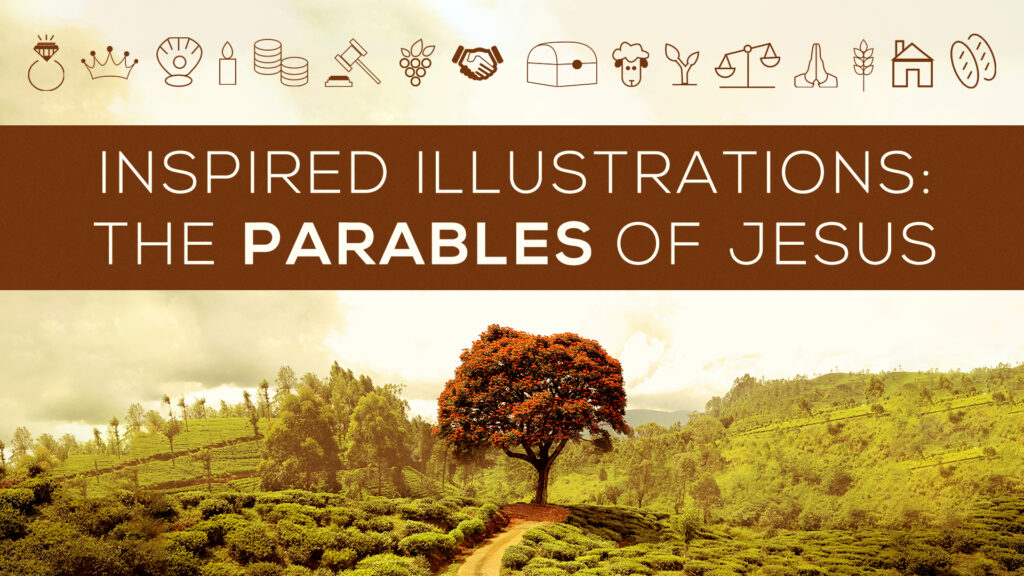The Great Supper – Sermon Application #3

The parable of the great supper sets two extremes in our view, the extravagant grace of God and the wretched disregard of sinful man (Luke 14:12-24). God, the Master of the magnificent soul-feast of salvation, shows His grace not only in preparing the great supper, but also in sending His servants out into the world of death to offer the bread of life (Luke 14:17, 21, 23). In spite of the inexhaustible riches of His grace, the unreckonable multitude of His mercies, and the unfathomable depth of His love, sinners look more favorably upon dirt than the feast of God (Luke 14:18; Prov. 17:24).
Evangelism application 1:
In the parable, the master of the house was urgent in summoning guests to attend the feast; and he sought to instill this urgency in his servant: “Go out quickly (Luke 14:21).” The feast was now prepared and time was of the essence. And so it is with the salvation of God.
The spiritual feast of salvation is now ready, but there is limited time for sinners to be saved and for saints to invite them (2 Cor. 6:2; Is. 61:2; Luke 4:19; Heb. 3:7; Luke 13:25 compare Rom. 10:14-15 and 2 Cor. 5:20 with Eph. 5:16 and Col. 4:5). How can we be impressed with this sense of urgency? As we draw closer to God in fellowship, we will become more like Him, and the more like Him we become, the more we will share in His compassion and love for lost sinners (compare Acts 4:13 with Mark 3:14 and Matt. 4:19). We must follow after Jesus wholeheartedly if we would have His mind and heart in all things.
Evangelism application 2:
The servant in the parable of the great supper is a wonderful example of spiritual fortitude and untiring dedication. After facing repeated rejections, he doesn’t give up, but reports back to his master to receive fresh orders (Luke 14:21). His master then commands him to go out into the “streets and lanes of the city” and to “bring in hither the poor, and the maimed, and the halt, and the blind.” Even after this labor, the servant reports back saying, “Lord, it is done as thou hast commanded, and yet there is room (v22).” One might suppose that this servant had done more than enough, but the Master was not satisfied while room remained; so he sends the servant to the country to find those in “the highways and hedges (v23).” Evangelism is hard work─ hard spiritually and sometimes hard physically; but we must fight against the fleshly impulse to get lazy in this most important work. Satan would like us to focus on the lack of visible results in evangelism which will quickly bury us in discouragement, but like the servant, a lack of visible results should lead us to more prayer rather than less witnessing.
Application to the theology of the atonement:
Throughout the course of the parable, the invitation goes out to anyone and everyone regardless of who they are or where they are (Luke 14:17, 21, 23). Obviously, the invitations were not given insincerely. All were invited, and all could come if they would come. The same is true of salvation through faith in Jesus Christ.
When Jesus died on the cross, He didn’t only die for the elect, but for all people of all time. As the Scripture says, “[Jesus] is the propitiation for our sins: and not for ours only, but also for the sins of the whole world (1 John 2:1-2).” Some theologians have rejected this as “double jeopardy;” but since the second death constitutes an infinite punishment, and since Jesus suffered that punishment, the atonement is necessarily sufficient for the salvation of all sinners. Again, we read in Hebrews that Jesus tasted death “for every man (Heb. 2:9).”
When we share the Gospel and invite sinners to the feast of salvation, we should do so knowing and believing that Jesus really did die for them.
